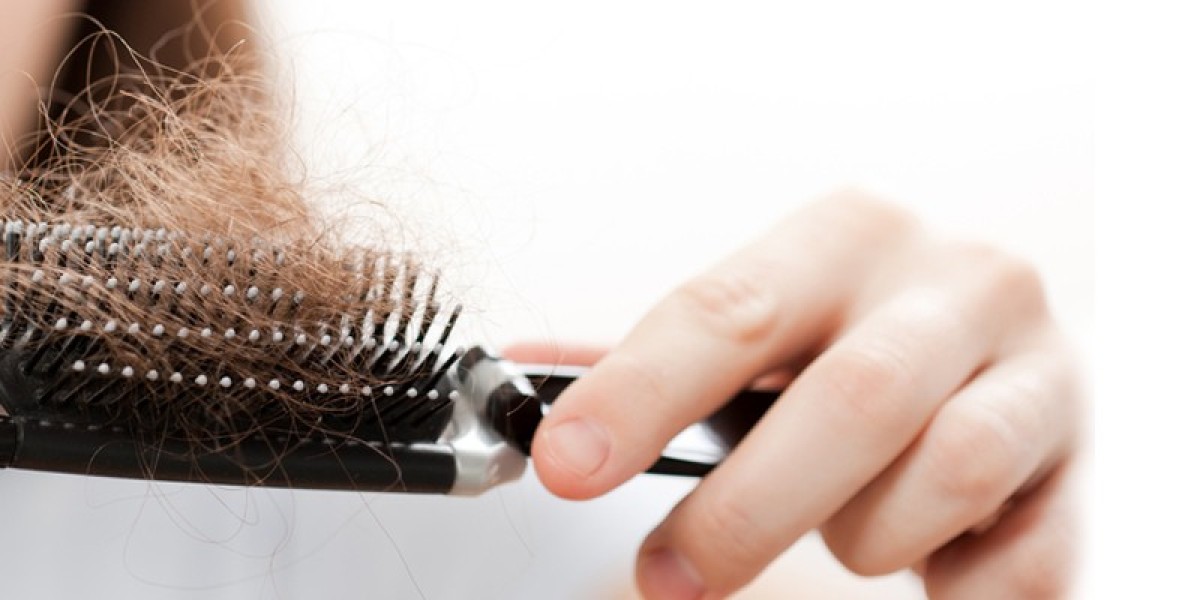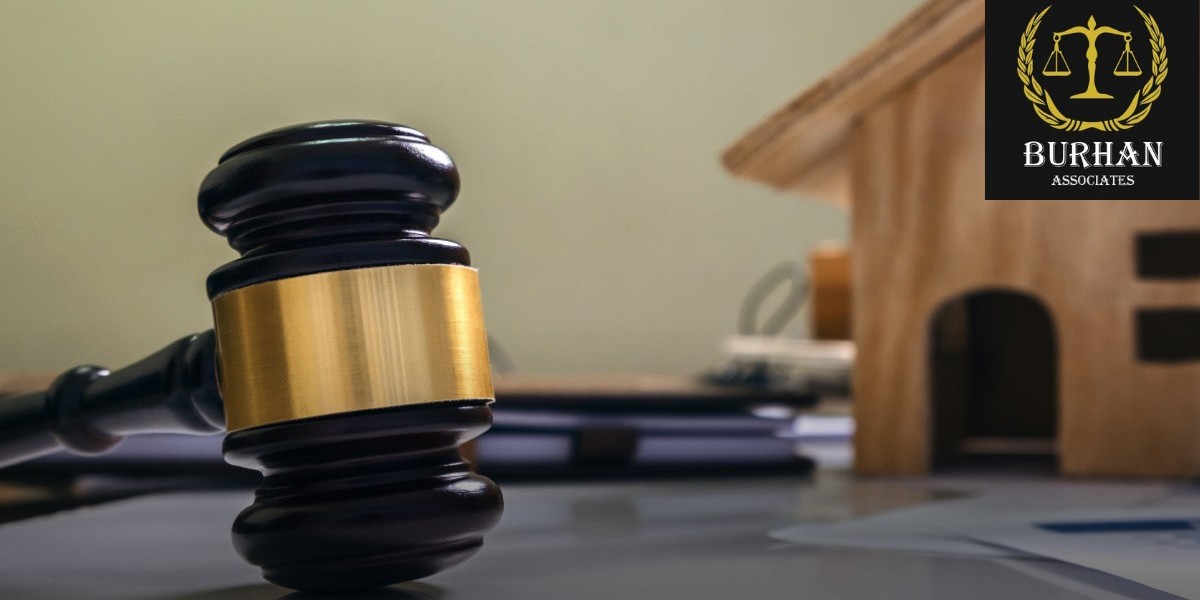Therefore, one must first rule out the other possible reasons for the hair loss and confirm that it is not a result of a medical condition, trauma, or male or female pattern baldness. A hair specialist or a dermatologist can advise one on the cause and type of hair loss. In this blog we will be learning about the simple yet effective ways of controlling hair fall. One will also learn if these tips won’t help whom to contact for the best hair fall treatment in Delhi. Let’s get this started!
One can attempt to prevent and control hair fall with these easy grooming tips and conventional hair care treatments after it is confirmed that the excessive hair loss is a phase brought on by changes in the lifestyle. Here are some pointers on maintaining healthy, strong hair while managing hair loss.
1. Give the Hair a Regular Oil Application.
Research demonstrates that oils are essential for shielding hair from harm. Regular use of oil can stop pollutants and debris from getting within the follicle. Additionally, putting oil on the shaft improves lubrication and keeps hair from breaking.
When used as a pre-and post-wash grooming product, coconut oil lowers the loss of proteins from the hair (damaged as well as undamaged), according to a study that looked at the effectiveness of oils on hair.
Mineral oil has been shown in another study to prevent hair damage and to function as an excellent hair care product. Mineral oil evenly coats the hair’s surface, enhancing shine, making combing easier, and preventing split ends, all of which contribute to better overall hair fall control.
2. Give the Scalp a Massage.
The days when most Indian homes had a weekly ritual of making champi are long gone. Periodically giving a light scalp massage will assist one addresses the hair loss issues. Additionally, it reduces stress, which is a necessary component of the busy lifestyle of today, and helps one lessens its negative impacts on the general health, including hair loss.
According to studies, giving the scalp a little massage will increase blood flow there and thicken the hair. Additionally, one can control hair loss and encourage hair growth by massaging the scalp after each hair wash.
3. Refuse to Wear Tight Haircuts.
One of the easiest methods to manage hair loss is to stay away from frequent grooming errors like wearing tight hairstyles. Excessive stretching of the hair has been documented to have a permanent negative impact on the flexibility of the hair strand.
This is the reason that squeezing hair into a tight braid or ponytail too tightly can cause the hair and scalp’s link to become loose, which over time can cause breaking and thinning of the hair.
4. Steer Clear of Hair Products and Straighteners.
It has also been demonstrated that using equipment and products for hair style can break hair and result in hair loss. Additionally, using chemical-based products like hair dyes and bleaches can weaken hair and cause friction between hair fibers, which increases the risk of breaking. This also holds true for hair that has been colored, worn out by using hair dryers, or exposed to direct sunlight, all of which raise the possibility of split ends.
5. Consume a Balanced Diet.
It is impossible to overstate the importance of a balanced diet in fostering hair development and reducing hair loss. Most of us are aware that hair loss can result from dietary inadequacies. Therefore, in order to prevent hair damage, make sure that the diet is high in proteins, lipids, carbohydrates, and necessary elements like vitamins and minerals.
6. Consume Dietary Supplements.
Supplementing with nutrients like iron, zinc, niacin, selenium, vitamin D, and vitamin B12 is said to help strengthen and maintain healthy hair. To determine whether hair loss is caused by dietary deficiencies and to determine the appropriate dosage of supplements for effective outcomes, it is advisable to speak with a dermatologist or trichologist. In order to avoid overdosing, let the doctor know whether one is currently use any supplements.
7. Consume a Lot of Antioxidants.
Hair loss may be caused by toxins in the body. However, consuming foods high in antioxidants can aid in lowering the toxic load, which can lead to hair loss and hair fall. A diet high in antioxidants can also aid in the prevention of oxidative stress, which damages hair follicles. So, to stop hair loss, eat a lot of foods high in antioxidants, such spinach, oranges, blueberries, and beans.
8. Steer Clear of Crash Diets.
Because crash diets promise to help with weight loss, they are always a hot trend. Nevertheless, hair loss may result from these diets. According to reports, a strict diet restriction seen during a crash diet might result in the hair follicles receiving insufficient nutrition, which causes telogen effluvium (TE). This disorder results in severe hair loss and may even show symptoms three to four months after the initial triggering event.
Long-term malnutrition can cause anomalies in the hair shaft, which can result in hair loss. It causes hair to become dry, dull, and thinning, with easily pluckable hair.
9. Give Up Smoking.
It’s often recognized that smoking has negative consequences on general health. Smoking has unknown impact on hair, though. Smoking can cause hair cells to age prematurely. As a result, the hair follicles may become weak and fragile, which increases their susceptibility to breaking. Toxin accumulation brought on by smoking can harm hair follicles. So talk to the doctor about quitting smoking and products that can help one kick the butt if one wants to manage hair fall and avoid hair loss.
Consult the Best Dermatologist in Delhi for Hair Fall
If these treatments are ineffective, a dermatologist may be required. One can consult the best dermatologist in Delhi at Dadu Medical Centre. Dr. Nivedita Dadu a skilled hair specialist and founder of this advanced hair and skin clinic offers effective treatments for hair fall. After thorough evaluation the doctor will suggest treatments like DMC Root Restore Therapy, Advanced HFP 2.0, Mesotherapy, Hair Transplant, and many more.
To learn more, visit Dadu Medical Centre located in Delhi at Rajouri Garden, West Delhi and Vasant Vihar, South Delhi to consult Dr. Nivedita Dadu.









